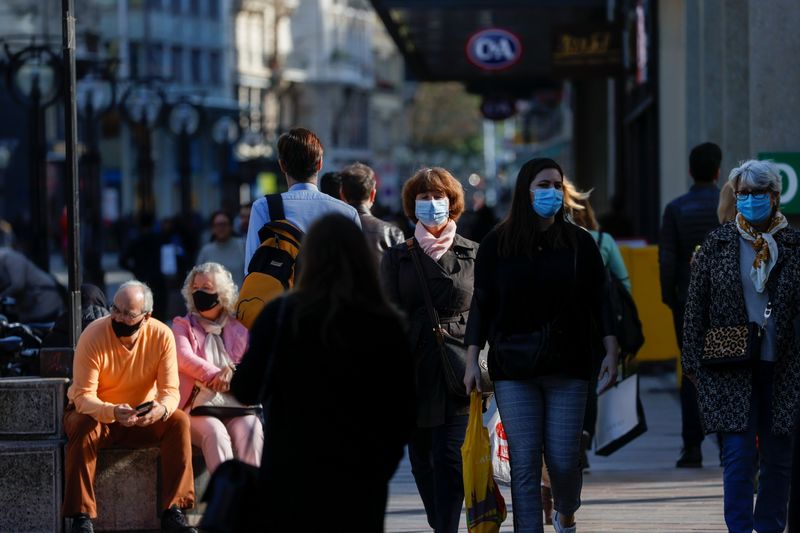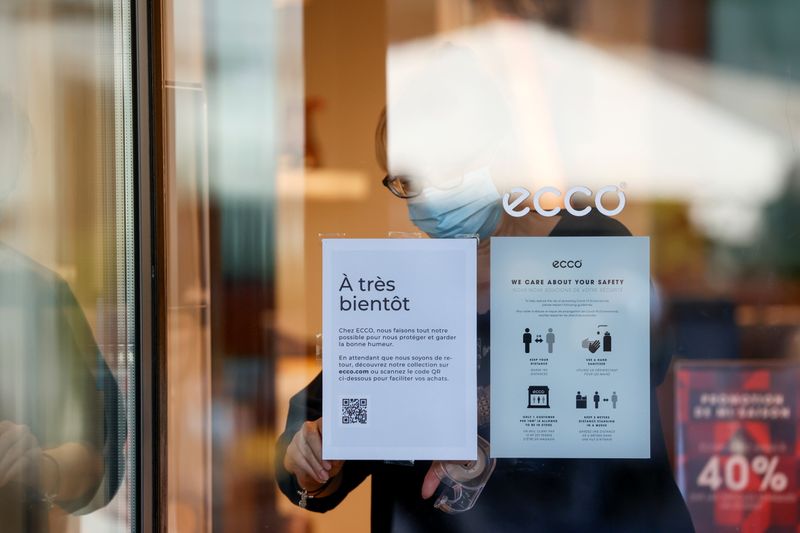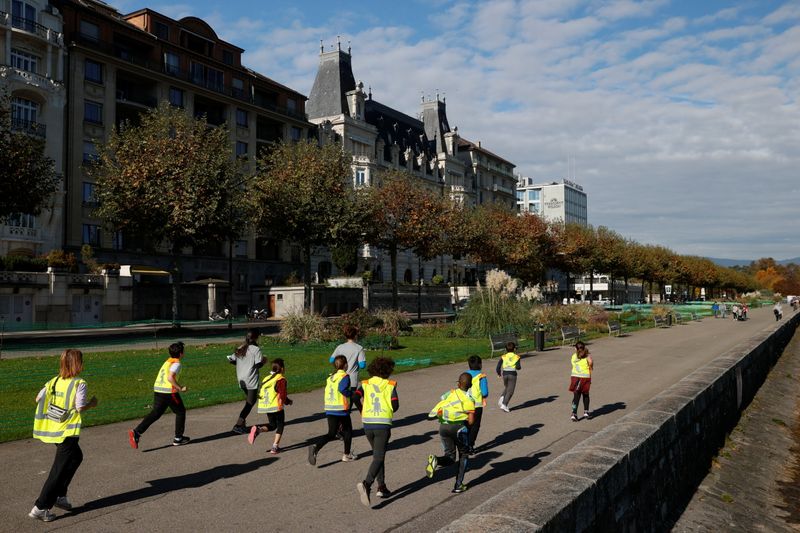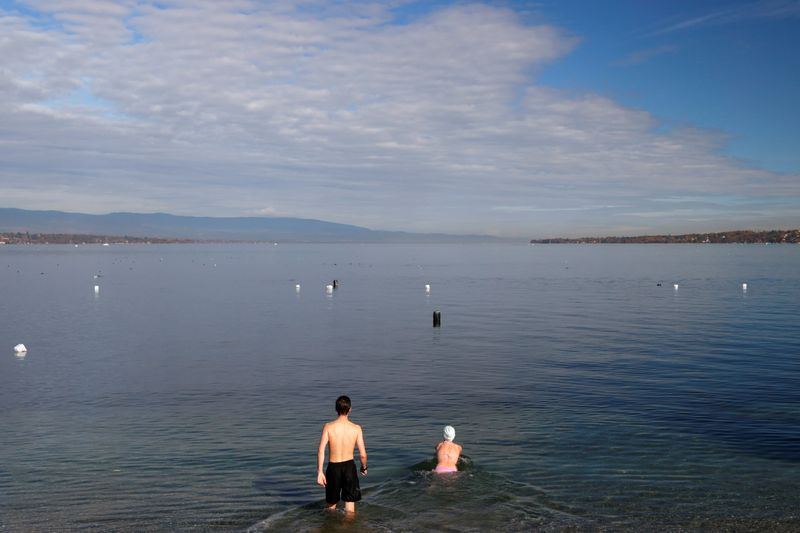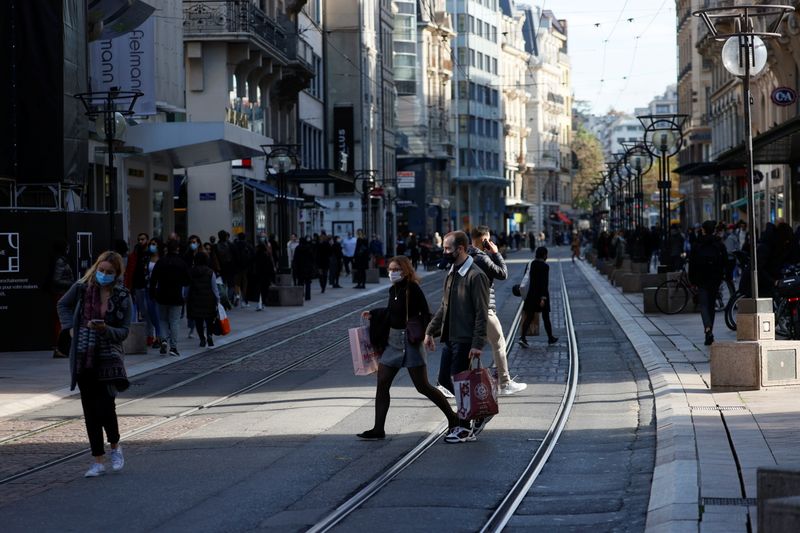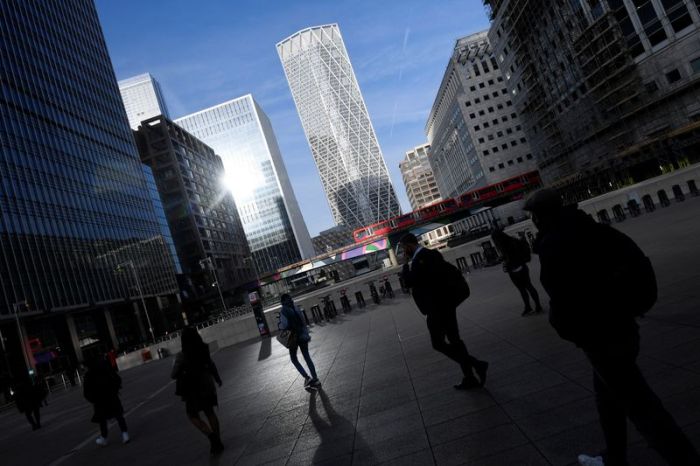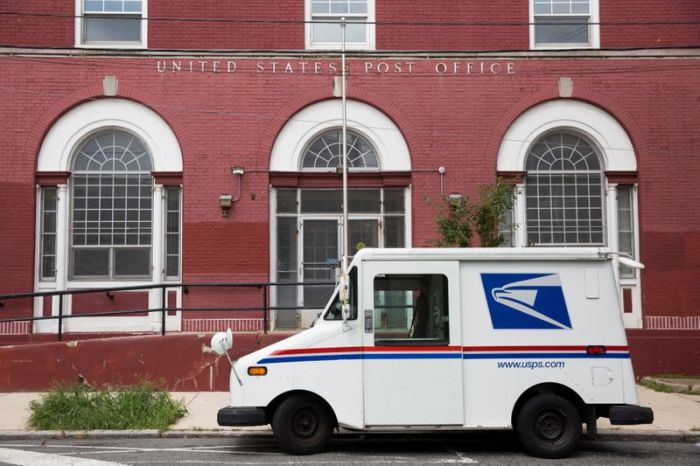GENEVA (Reuters) – Restaurants and shop-keepers in Geneva prepared to close in line with new COVID-19 measures on Monday that go beyond more lenient Swiss rules elsewhere as its main hospital fills up and prepares to begin airlifting out patients to less burdened cantons.
Mindful of the economic pain caused by stricter measures in the spring, Switzerland’s federal government has charted a different course from neighbours France and Germany in reaction to surging case numbers, seeking to avoid heavy lockdowns.
However, Geneva plans to go further as new COVID cases exceed 1,000 per day in a canton of 500,000 – one of the highest rates of infection by population density in Europe. The canton of Neuchatel will adopt similar measures on Wednesday.
In a sign of the deteriorating situation, the Geneva-based World Health Organization chief Tedros Adhanom Ghebreyesus said on Sunday that he had been identified as the contact of a COVID-19 positive person.
Gatherings have been limited to five people from 1800 GMT although some exceptions apply and, unlike the spring, schools remain open.
“It’s a catastrophe. We don’t have a choice so we do it,” Yoan Lomet, owner of the restaurant l’Elephant dans la Canette, told Reuters.
In the streets of Geneva, many were dining in the sunshine and even swimming in the lake. Crowds gathered on shopping streets to make last-minute purchases and not all wore masks.
“I think the (new) measures are not sufficiently drastic,” said Thierry Barnier, a French resident who works in Geneva, observing people in Geneva’s busy Place du Molard.
Geneva University Hospital’s director Bertrand Levrat described the situation at the hospital as “dramatic” and said it expected to soon begin a helicopter transfer service for COVID patients.
“Now is the time, and some would even say it’s a bit late, to take measures,” Mauro Poggia, Geneva state councillor, told Swiss television on Sunday night.
Geneva hosts a United Nations office as well as the World Trade Organization (WTO) which is due to hold a key meeting on its new head next week. At least 34 COVID cases have been reported among U.N. staff since mid-October.
(Reporting by Cecile Mantovani , Denis Balibouse, Emma Farge and Stephanie Nebehay; Editing by Nick Macfie)

